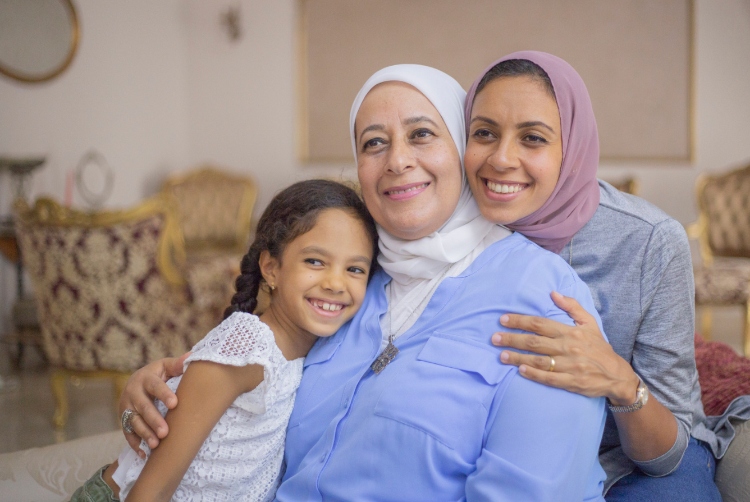In Egypt, the notion of family transcends the traditional Western concept of individualism, evolving into a tapestry of resilience, tradition, and collective triumph. In marking the UN’s International Day of Families, we celebrate the unique cultural fabric that has sustained the country through periods of adversity. Multigenerational Bonds: The Heart of Egyptian Society At the heart of Egyptian society lies a deep reverence for multigenerational bonds, where the wisdom of elders and the boundless energy of the young converge to form an unbreakable support system. In my opinion, familial ties are not merely a personal choice, but a sacred obligation that binds society together, creating a safety net that cushions the blows of life’s uncertainties. This sense of collective responsibility is deeply ingrained in our identities, a testament to the enduring strength of our familial connections. A prime example of Egyptian familial resilience is the cultural importance placed on family unity, in contrast to the emphasis on early independence seen in Western societies. While young adults in the West often move out of their family homes at an early age, the norm in Egypt is for younger adults to remain…
Egypt’s Family Tapestry: Weaving Resilience, Tradition, and Collective Triumph
May 15, 2024
By Belal Nawar
Senior Journalist



